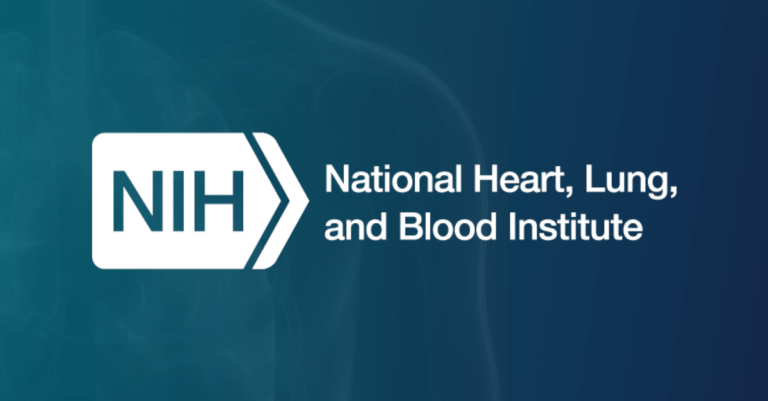 Sleep deprivation is a condition that occurs if you don’t get enough sleep. Lack of sleep is a broader concept. This happens if you have one or more of the following:
Sleep deprivation is a condition that occurs if you don’t get enough sleep. Lack of sleep is a broader concept. This happens if you have one or more of the following:
- You are not getting enough sleep (sleep deprivation)
- You sleep at the wrong time of day
- You’re not sleeping well or getting all the types of sleep your body needs
- You have a sleep disorder that prevents you from getting enough sleep or causes poor quality sleep
This topic focuses on lack of sleep.
Sleeping is a basic human need, just like eating, drinking and breathing. Like these other needs, sleep is vital for good health and well-being throughout your life.
According to the Centers for Disease Control and Prevention, about 1 in 3 adults in the United States report not getting enough rest or sleep each day.
Nearly 40% of adults report falling asleep during the day unintentionally at least once a month. Additionally, an estimated 50 to 70 million Americans suffer from chronic or persistent sleep disorders.
Lack of sleep can lead to physical and mental health problems, injuries, loss of productivity and even an increased risk of death. To understand lack of sleep, it is helpful to understand what makes you sleep And how it affects your health.
Lack of sleep can interfere with work, school, driving, and social functioning. You may have difficulty learning, concentrating, and reacting. Additionally, you may have difficulty judging other people’s emotions and reactions. Lack of sleep can also make you frustrated, grumpy, or anxious in social situations.
Symptoms of lack of sleep may differ between children and adults. Children who are sleep-deprived may be overly active and have difficulty paying attention. They may also misbehave and their academic performance may suffer.
Lack of sleep is linked to many chronic health conditions, including cardiac diseasekidney disease, high blood pressurediabetes, stroke, obesityand depression.
Lack of sleep is also associated with a higher risk of injury in adults, adolescents and children. For example, drowsy driving (not related to alcohol) is responsible for serious injuries and even death in car accidents. In older adults, lack of sleep may be linked to a higher risk of falls and fractures.
Lack of sleep has also played a role in human errors linked to tragic accidents, such as nuclear reactor meltdowns, large ship groundings, and airplane crashes.
A common myth is that people can learn to get by with little sleep without negative effects. However, research shows that getting enough quality sleep at the right times is vital for mental health, physical health, quality of life and safety.
